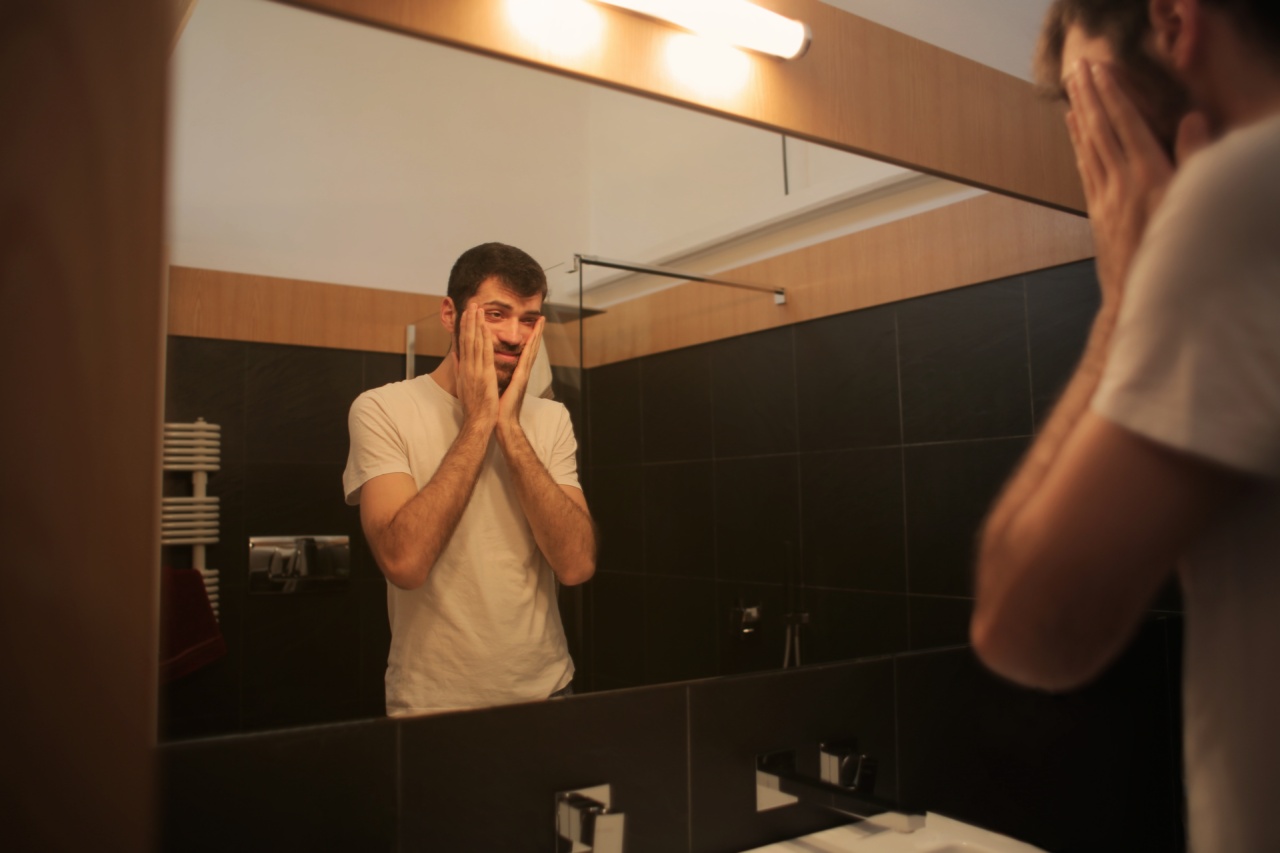It is well-known that cancer is a leading cause of death worldwide, affecting millions of people every year. The impact of cancer on individuals and their loved ones is immense, causing physical, emotional, and psychological distress.
While numerous factors contribute to a person’s ability to cope with cancer, recent studies have shed light on the role of anxiety in cancer outcomes, particularly for men. According to new research findings, men with anxiety face double the mortality risk from cancer compared to those without anxiety.
The Link Between Anxiety and Cancer
Anxiety is a common mental health condition characterized by persistent worry, fear, and apprehension. It can manifest in various ways, including generalized anxiety disorder, panic disorder, social anxiety disorder, and specific phobias.
Previous studies have established a relationship between anxiety and negative health outcomes, such as heart disease, stroke, and even cancer.
While the exact mechanisms underlying this link are still being explored, several theories have been proposed.
One theory suggests that chronic anxiety may impair the immune system, making individuals more susceptible to the growth and spread of cancer cells. Additionally, anxiety can lead to unhealthy coping mechanisms, like smoking or excessive alcohol consumption, both of which are known risk factors for cancer development.
Understanding the Study Findings
A study conducted by a team of researchers from a prominent medical institution followed more than 10,000 men diagnosed with various types of cancer for over a decade. The study aimed to investigate the impact of anxiety on cancer outcomes.
The results were alarming, indicating that men with anxiety had a mortality risk double that of men without anxiety.
Among the different types of cancer analyzed in the study, lung cancer, prostate cancer, and colorectal cancer showed the strongest association with anxiety.
Men with anxiety and a diagnosis of lung cancer were especially vulnerable, with a three-fold increase in mortality risk compared to men without anxiety.
These findings highlight the importance of addressing anxiety in cancer care. Men with anxiety may require additional support and interventions to improve their outcomes and overall quality of life during and after cancer treatment.
Managing Anxiety During Cancer Treatment
Given the significant impact of anxiety on cancer outcomes, it is essential for healthcare providers to address the psychological well-being of patients throughout their cancer journey.
Various strategies can help manage anxiety during cancer treatment:.
1. Psychotherapy
Psychotherapy, also known as talk therapy, can be beneficial in managing anxiety. Cognitive-behavioral therapy (CBT) is a widely used approach that helps individuals identify negative thought patterns and develop healthier coping strategies.
Seeking support from a trained therapist can provide valuable emotional support and teach patients techniques to reduce anxiety symptoms.
2. Medication
In some cases, medication may be prescribed to individuals with severe anxiety. Selective serotonin reuptake inhibitors (SSRIs) and benzodiazepines are commonly used to manage anxiety disorders.
However, it is crucial to consult with a healthcare professional before starting or stopping any medication regimen.
3. Relaxation Techniques
Practicing relaxation techniques can help alleviate anxiety symptoms. Techniques such as deep breathing exercises, progressive muscle relaxation, and mindfulness meditation have shown positive effects in reducing anxiety levels.
Engaging in activities like yoga or tai chi can also promote relaxation and help manage stress.
4. Support Groups
Joining a support group can provide individuals with a sense of community and understanding. Interacting with others who have experienced similar challenges can be comforting and reassuring.
Support groups allow individuals to share their feelings, gain valuable insights, and learn coping mechanisms from others.
5. Exercise
Regular physical exercise has been shown to have numerous benefits for mental health, including anxiety reduction.
Engaging in activities such as walking, jogging, swimming, or cycling can help release endorphins, the body’s natural mood elevators, and reduce anxiety levels.
6. Mind-Body Interventions
Practices like acupuncture, aromatherapy, and massage therapy can help promote relaxation and reduce anxiety. These complementary therapies can be used alongside conventional medical treatments, and their effectiveness may vary from person to person.
7. Communication with Healthcare Providers
Open and honest communication with healthcare providers is crucial for addressing anxiety during cancer treatment. Healthcare professionals can offer guidance, support, and appropriate resources to help individuals manage their anxiety effectively.
8. Lifestyle Modifications
Adopting a healthy lifestyle can have a positive impact on anxiety levels.
Getting enough sleep, maintaining a balanced diet, reducing caffeine intake, and avoiding alcohol and tobacco are all important lifestyle modifications that can help manage anxiety.
9. Education and Information
Understanding one’s cancer diagnosis and treatment plan can help alleviate anxiety.
Healthcare providers should ensure patients have access to accurate and comprehensive information about their condition, treatment options, and potential side effects. This knowledge empowers individuals to make informed decisions and reduces fear and uncertainty.
10. Family and Social Support
Having a strong support system of family and friends plays a vital role in managing anxiety during cancer treatment. Loved ones can offer emotional support, assist with daily tasks, and provide a comforting presence.
Strengthening social connections and leaning on loved ones can help individuals navigate the challenges of cancer with more resilience.
Seek Help and Support
If you or a loved one is facing cancer and experiencing anxiety, it is essential to seek help and support. Remember that you are not alone, and there are resources available to assist you in managing anxiety and improving your overall well-being.
By addressing anxiety alongside cancer treatment, men can potentially reduce their mortality risk and enhance their quality of life.






























